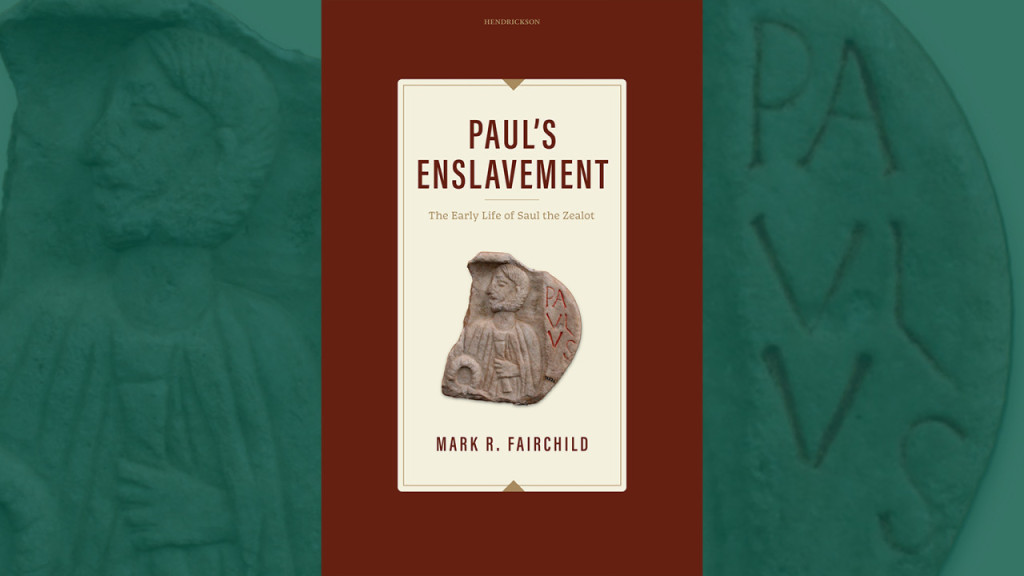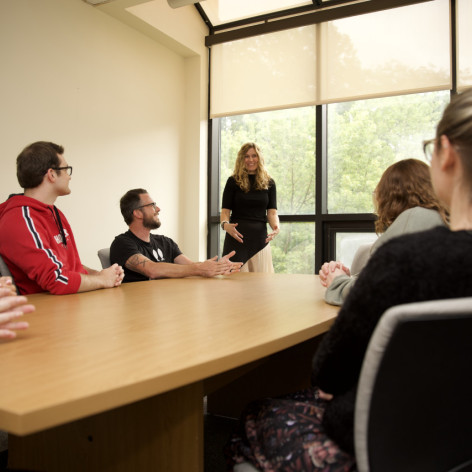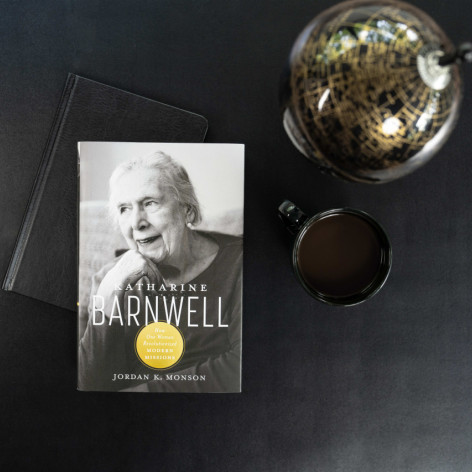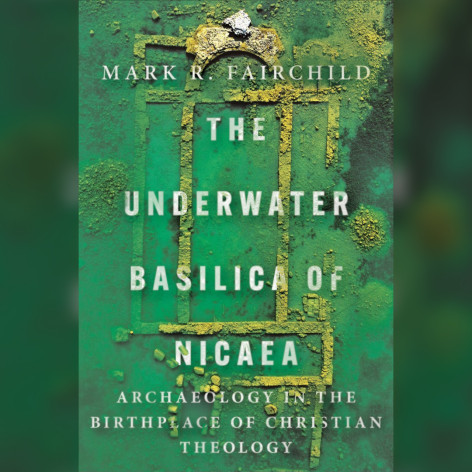Fairchild Publishes ‘Paul’s Enslavement: The Early Life of Saul the Zealot’

Book explores Paul’s early life and upbringing under Roman authority
HUNTINGTON, Ind. — Dr. Mark Fairchild, retired professor of Bible and religion, has published a new book, Paul’s Enslavement: The Early Life of Saul the Zealot, analyzing Paul’s upbringing under Roman authority. The book is published by Hendrickson Publishers and released on November 4. It is Fairchild’s second book published in the last year, with The Underwater Basilica of Nicaea: Archaeology in the Birthplace of Christian Theology being published in November of 2024.
The Scriptures tell the important details of what God has done to restore a relationship with sinful people. The Gospels tell the story of Jesus. Acts and the epistles tell us how that message was relayed to people throughout the Mediterranean world. However, there are many storylines that the Scriptures do not carry in the narratives. Paul’s Enslavement: The Early Life of Saul the Zealot tells the story of a faithful servant of God whose beginnings could not have been more bleak. Degraded to lowest echelons of society as a slave, Paul was a man who continued to trust in God. Once released from servitude and rising in stature as a leader within Judaism, Paul again was humbled when he converted to the faith that he had zealously persecuted. This book tells the story of Paul through the eyes of a zealous and obedient faith that led him through drastic changes to become the leader of the ancient Christian world.
According to Fairchild, evidence indicates that Paul’s family began as Zealots from Galilee who opposed the Roman occupation of Palestine. The Romans sacked the rebel cities and towns in Galilee and sold the residents on the Roman slave markets. This was a common consequence for cities and towns that opposed Roman rule. Paul’s family was sold to a master in Tarsus. In time, and according to Roman law and practice, Paul’s family was manumitted from slavery. Slaves who worked hard and endeared themselves to their masters were commonly adopted into their master’s family. Another clue supporting the claim Paul grew up a slave: he was the only author of the New Testament who used the term “adoption,” perhaps because he knew the process. This accounts for how the apostle’s Jewish name, Saul, was changed to his Roman name, “Paul.” It also accounts for how the Jewish Saul was given Roman citizenship.
“I am well-pleased with the book,” Fairchild said. “Hendrickson Publishers is a highly respected academic publisher, and they are excited about this volume. They decided that they wanted to publish this in hard copy with a nice dust cover. In the past, a few authors have suggested that Paul might have been a slave, but no detailed study of the issue had been published until now.”
Fairchild added the idea for the book began a decade ago after encountering a passage in the writings of early church historian and theologian Jerome which implied Paul had been enslaved. Following years of further research, Fairchild moved forward with the writing process.
“It did not take long to notice that Paul speaks of slavery and freedom disproportionately in his writings,” Fairchild said. “The apostle also used a host of words associated with slaves and the process for the emancipation of slaves. I also noticed that when Paul used these words, he usually used the first person ‘I’ or ‘we.’ Clues began to emerge elsewhere. At the end of his letter to the Galatians (6:17), Paul claimed that he bore the ‘brand-marks of Jesus.’ These were not scars, but rather the brands or tattoos affixed to slaves. Then again, when Paul first appeared in Acts, he is described as part of the ‘Synagogue of the Freedmen’ (6:9). Freedmen were former slaves.”
The book will be highlighted in the annual conferences of the American Academy of Religion, the Society of Biblical Literature and the Evangelical Theological Society, which will meet from November 18-25 in Boston.
Paul’s Enslavement: The Early Life of Saul the Zealot can be purchased online through Amazon, ChristianBook.com and Hendrickson Publishers.



